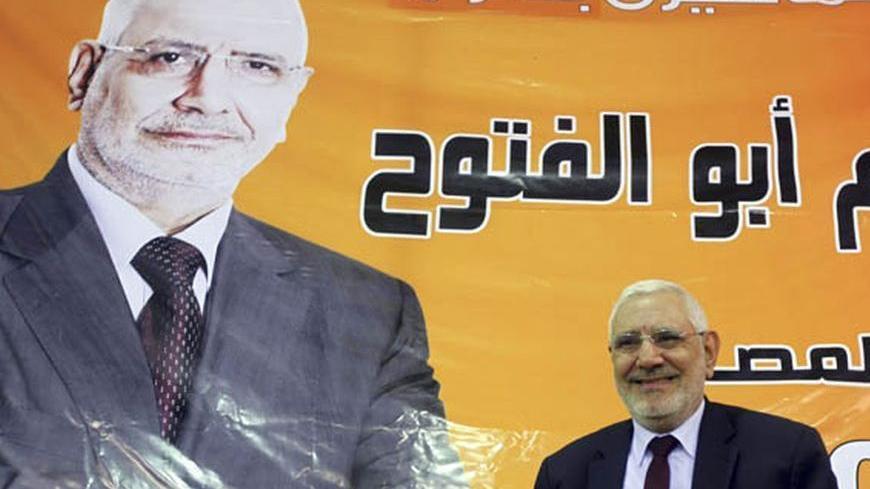As Egypt and the world are just beginning to adapt to an Egyptian parliament dominated by Islamist parties, another election is about to commence. On May 23 and 24, Egyptians will go to the polls to elect a new president. For the first time in more than 30 years, that president will not be Hosni Mubarak. Since Mubarak’s forced resignation in February 2011, the Supreme Council of the Armed Forces (SCAF) has wielded executive control. The presidential elections will reveal the role and influence of both the military, including the SCAF, and Islamist parties, in post-Mubarak Egypt.
There are several questions which will inform how the contest is conducted and who will be the eventual victor. The first question is: do Egyptians actually want presidential elections now, or not? Judging from many Egyptian activists, one might assume, “no” – many of them lament the fact that Egyptians did not boycott, en masse, the parliamentary elections in December and January, which took place against a backdrop of substantial violence visited upon protestors in Cairo. A significant portion of activists on the non-Islamist portion of the political spectrum have insisted that a constitution is needed before parliamentary elections, let alone presidential ones. On the other hand, Gallup polls released in January indicate that most Egyptians do not want the presidential election to be delayed; 87% think it would be a bad thing for Egypt to delay presidential elections, only 9% indicated it would be a good thing. Moreover, 88% of Egyptians indicated that they expect the presidential election to be fair and honest, and 86% claim that they plan to vote in that election. They might be naïve about the nature of that presidential election, or not, but unless there’s a massive shift in the next couple of months, there will not be a boycott.


